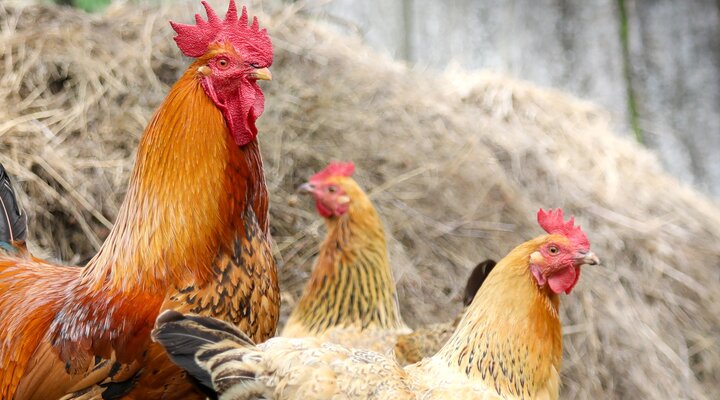The production of plant produced Newcastle Disease virus like particles for poultry and other avian species
Project summary
Newcastle disease (ND) is a highly contagious viral disease that has a severe impact on poultry production worldwide and results in trade restrictions in affected countries. In order to protect poultry from the potentially lethal effect of ND infection, vaccination against ND is commonly practised around the world. South Africa (SA), a country where poultry is the main source of protein, is the global leader in ostrich production and vaccination of all ostriches against ND is compulsory. However, as the current registered ND vaccine result in lesions in the muscle and subsequently devaluate the meat, we want to explore the use of tobacco plants to produce a cost-effective ND vaccine that can be produced within a short time-frame, does not entail the handling of infectious viral material throughout the production process, and will enable the distinction between vaccinated and non-vaccinated animals. The use of virus-like particles (VLPs) as vaccines have become increasingly popular in recent years. VLPs are self-assembled protein “shells” that looks like a native viral particle, which makes at highly effective in generating an immune response following vaccination, but are non-infectious as it contains no viral genetic material. In the proposed study, we will aim to produce ND VLPs in tobacco plants. In addition, we will make use of tobacco plants (Nicotiana benthamiana) to produce proteins that have previously been shown to enhance the immune response following vaccination. The ND VLPs, with and without the immune response enhancers, will subsequently be tested for effectiveness in ostriches in an immunity study. Vaccination of poultry and other avian species against infectious diseases like ND is of the utmost importance to protect the lucrative export market as well as ensuring food security in a country where poultry is one of the main sources of protein.

